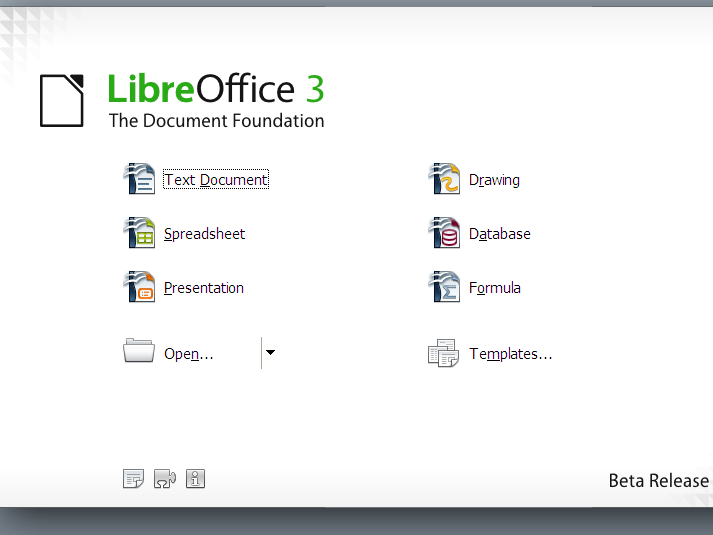Many people have been concerned with Oracle's stewardship of past Sun Microsystems open source projects.
There are Java, MySQL, OpenSolaris to name a few.
Why are people concerned? Perhaps the abandoning of projects such as OpenSolaris, the suing of Google over Java infringements, the marshalling out of many frontline contributors of core Open Source projects from Oracle, the idea of forking over license rights to a single company so they can relicense your code.
We have no idea.
All we know is that there is an awful lot of forking going on.
To Oracle's defense, many do feel that they have done a good job with progressing the advancements of some of the Open Source projects they have shepherded.
For example getting MySQL patches more quickly in place etc. For some projects where there is not much of a monetary incentive, many feel they have at best neglected e.g. OpenSolaris.
Perhaps it's more Oracle's size and the size that Sun was before takeover that has made people take notice that no Open Source project
is in stable hands when its ecosystem is predominantly controlled by the whims of one big gorilla.
One new fork we were quite interested to hear about is LibreOffice, which is a fork of OpenOffice.
In addition to the fork, there is a new organization
called Document Foundation to cradle the new project. Document Foundation is backed by many OpenOffice developers and corporate entities (Google, Novell,Canonical) to name a few.
The Document Foundation mission statement is outlined here. There is even a document foundation planet for LibreOfficerians to call home.
The LibreOffice starter screen looks similar to the OpenOffice starter screen,  except instead of the flashy Oracle logo we have come to love and fear, it has a simple text Document Foundation below the basic multi-colored Libre Office title. Much the same tools
found in OpenOffice are present. The project has not forked too much in a user-centric way from its OpenOffice ancestor yet. The main changes so far are the promise of not having to hand over license assignment rights to a single company as described in
LibreOffice - A fresh page for OpenOffice as well as some general cleanup and introduction of plugins that had copy assignment issues such as some from RedHat and Go-OO. My favorite quote
listed in the above article is It feels like Oracle is "a mother who loves her child but is not aware that her child wants to walk alone." by André Schnabel. So perhaps Oracle's greatest contribution and legacy to Open Source and perhaps the biggest that any for-profit company
can make for an Open Source project is to force its offspring to grow feet to walk away.
except instead of the flashy Oracle logo we have come to love and fear, it has a simple text Document Foundation below the basic multi-colored Libre Office title. Much the same tools
found in OpenOffice are present. The project has not forked too much in a user-centric way from its OpenOffice ancestor yet. The main changes so far are the promise of not having to hand over license assignment rights to a single company as described in
LibreOffice - A fresh page for OpenOffice as well as some general cleanup and introduction of plugins that had copy assignment issues such as some from RedHat and Go-OO. My favorite quote
listed in the above article is It feels like Oracle is "a mother who loves her child but is not aware that her child wants to walk alone." by André Schnabel. So perhaps Oracle's greatest contribution and legacy to Open Source and perhaps the biggest that any for-profit company
can make for an Open Source project is to force its offspring to grow feet to walk away.
In later posts we'll test drive Libreoffice with PostgreSQL to see how it compares to its OO ancestor and what additional surprises it has in store.
Though in future if Oracle does donate the trademark Openoffice name to the foundation, then
LibreOffice may go back to being called OpenOffice. Personally I like LibreOffice better and the fact that the name change signals a change in governance.